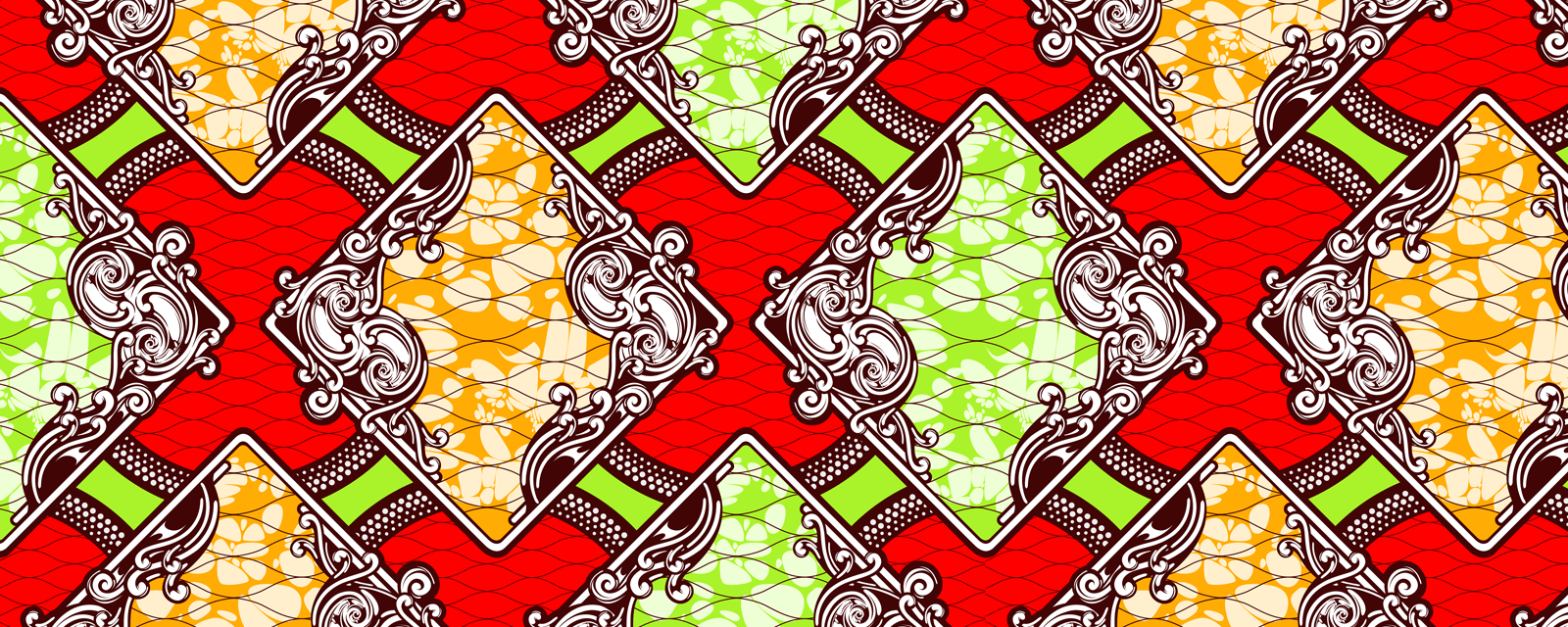A Dinka song from South Sudan. The singer can’t wait for morning so he can leave the town he abominates and return to his village and his cattle. The poem is a succinct catalogue of everything that is wrong with modern life from the perspective of an intelligent herdsman.
O morning, come soon,
My curve-horned Ox, Mading,
The stream will be crossed.
In towns, people cultivate with their ears, (1)
In towns, people depend on market grain.
My Maker, Majok,
The riches that I hear of in towns!
People live to old age buying and selling:
They say, ‘Lend me two piasters (2)
And at the end of the month
I will return them to you.’
Then a millieme is taken into the market;
With it, salt and medicine will be bought,
Vegetables will be bought by a man,
Cooking will be done by the couple together;
The family has lost its value,
Blood ties have been severed in the pockets:
Even a son of your maternal aunt
When you ask him for help
Will first invoke the name of God,
He will swear by his father,
‘May I die, brother, see my pocket!
If you find a millieme, you are lucky.’
In the town, people dismiss one another:
‘May I die, brother,
If you find a millieme, you are lucky.’
One hundred piasters go into trifles,
Then each man goes to his sleeping place.
In the towns, people dance to the drums in their pockets:
If one has nothing, one goes with nothing.
The drums are all alike, as people of the same tongue,
They are beaten on people’s laps
Bim ci ke ke him!
Let me beat the drums,
The drums for which we will go astray to dance.
from The Dinka of the Sudan (1972)
Francis Deng
Footnotes
- i.e., by spreading gossip.
- There were 100 piasters to a Sudanese pound, and 10 milliemes to one piaster.

